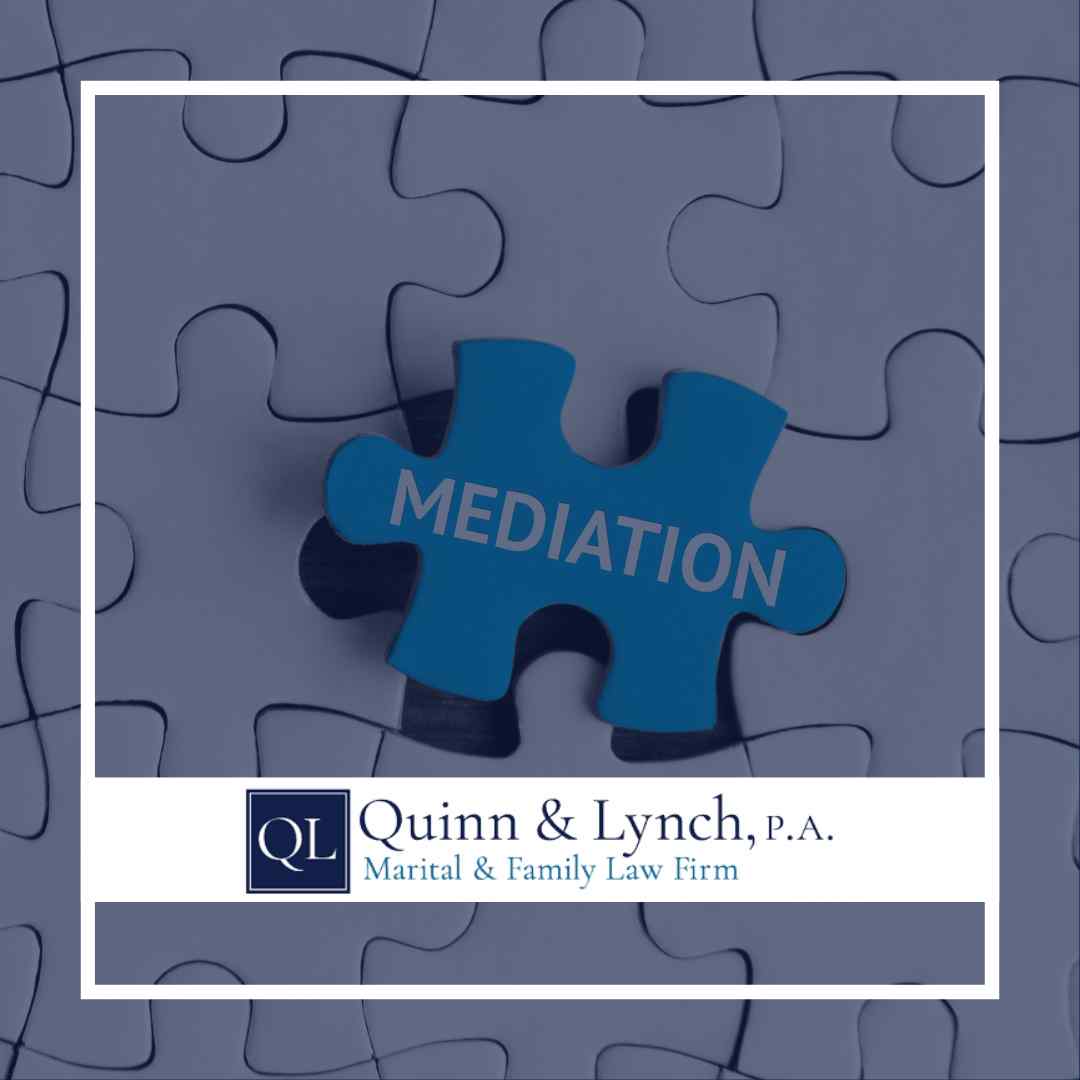Florida couples can use mediation to resolve disputes during divorce. It’s one of the more popular alternative divorce solutions available in Florida. Divorce mediation helps you compromise on issues such as property division, child custody, visitation, and alimony. Both spouses must agree to take part in mediation. Reviewing how divorce mediation works in Florida can help you answer the question, “Is mediation a good idea in divorce?“
How Mediation Works in Divorce
A neutral third party facilitates the discussions between the divorcing spouses. The Florida divorce mediator does not make decisions during the Florida divorce process. They assist in communication, provide guidance, and help both parties explore potential solutions. One of the major benefits of divorce mediation is that mediation remains confidential in Florida. If your divorce goes to court, the judge will not admit information you discussed during mediation sessions. To learn more about confidentiality, visit why would someone file for a confidentiality order for a divorce.
Some Florida counties provide a mediator for your case. You can also select your own mediator and pay the associated expenses.
What to Expect During Divorce Mediation in Florida
An initial meeting establishes the ground rules and objectives of the mediation process. During this session, the mediator will encourage you and your spouse to express their concerns and priorities.
We encourage clients to create a divorce mediation checklist outlining negotiables and non-negotiables. The goal is to identify specific issues you must address in the divorce settlement. Examples include dividing community assets and debts, child custody arrangements, child support, and alimony.
Communication and compromise
The mediator fosters open and constructive communication between the spouses throughout the process. They encourage both parties to listen to one another’s perspectives and find common ground.
Once you have identified and discussed relevant issues, the mediator will work with you to develop possible solutions. This stage involves brainstorming and exploring scenarios to find compromises and, ultimately, agreements.
The formalized agreement
When both spouses agree on all issues, the mediator helps formalize the agreement in writing. The couple submits this agreement to the court for approval. It becomes an official part of the divorce decree. The court must review and approve the mediated agreement. The judge ensures it complies with state laws and serves the children’s best interests. Once the court approves the agreement, it becomes legally binding.
Florida has used mediation as a high-conflict divorce alternative since 1988 and has nearly 6,000 certified mediators. Mediation can be faster and more affordable than going to court for divorce. You have more control over the outcome, which can reduce emotional stress and promote an amicable environment. (To learn more, see our amicable divorce checklist!)
Our Tampa divorce mediation attorneys can help by guiding you through the process and providing divorce mediation tips and tricks to help you prepare.
















